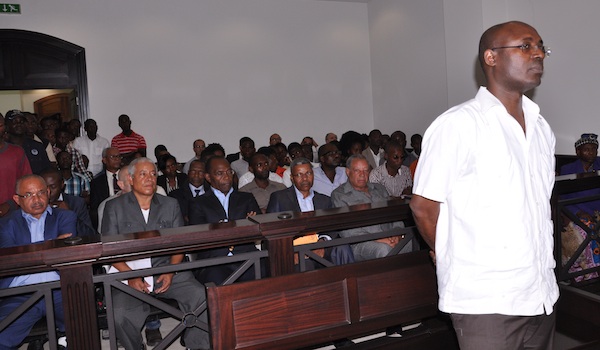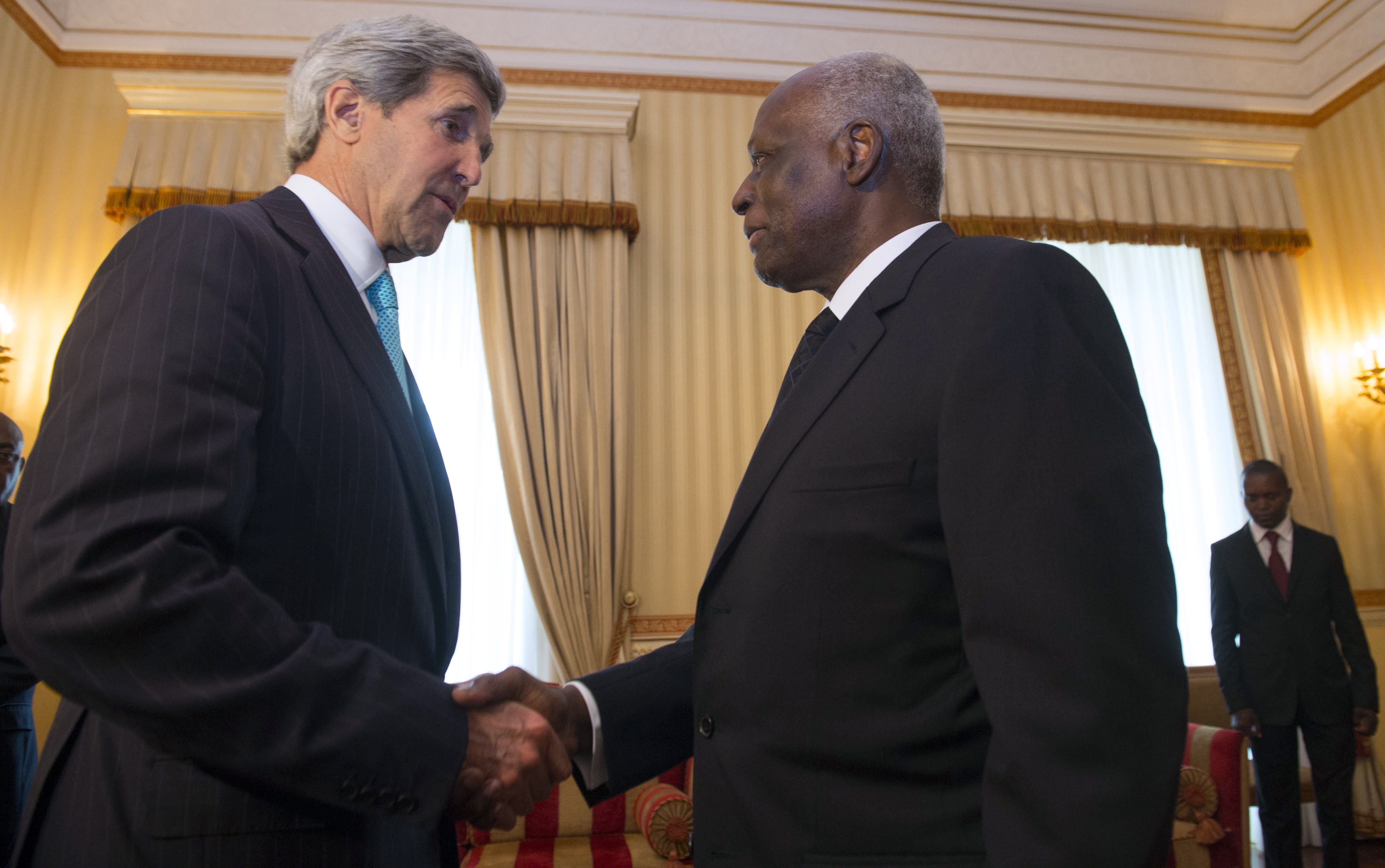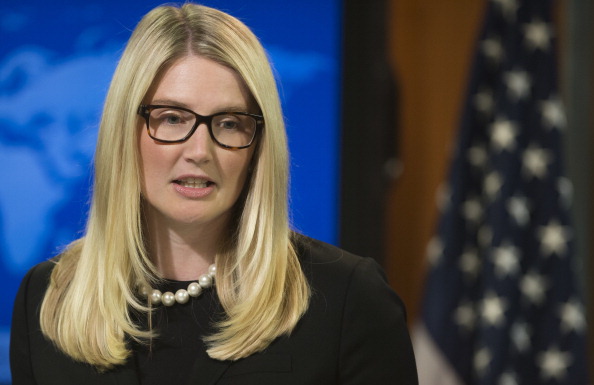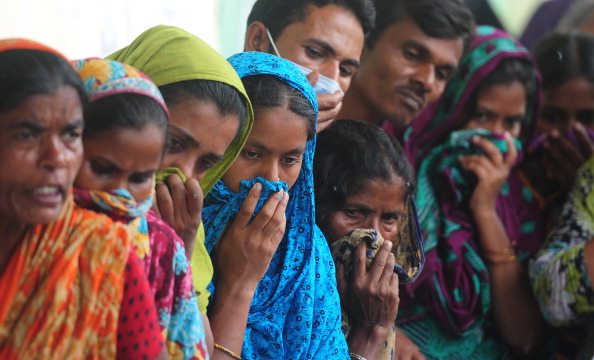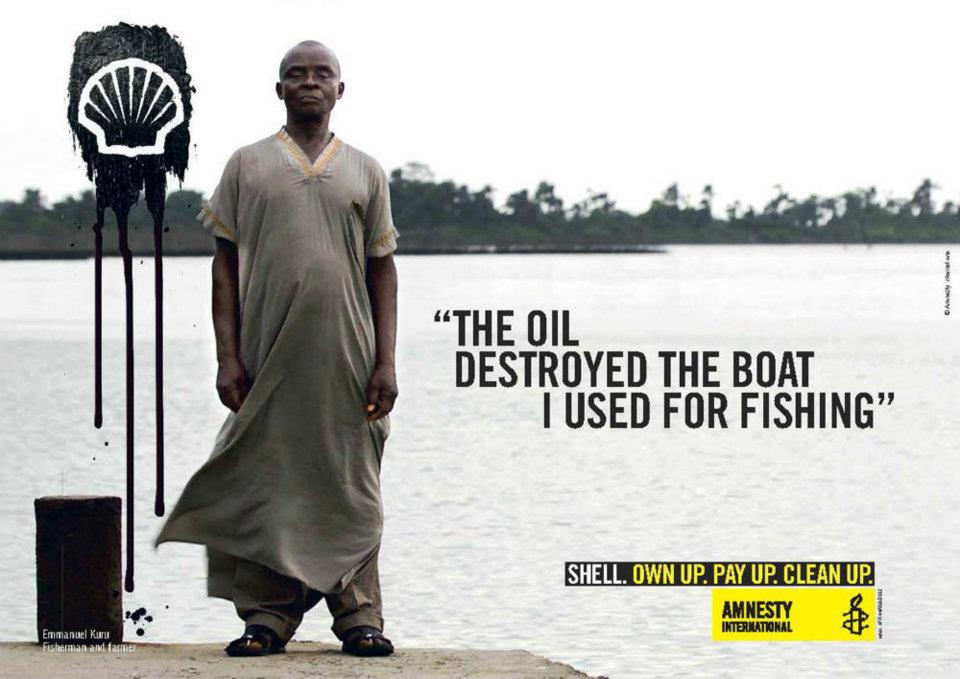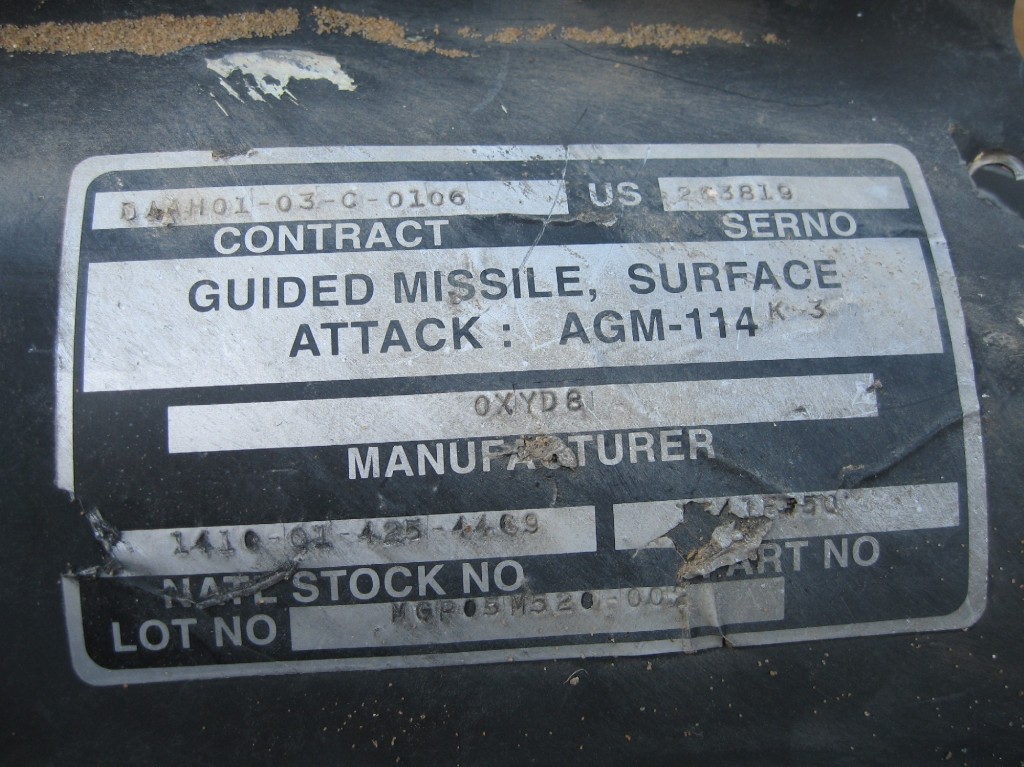
U.S.-made Hellfire missile linked to killing of a child and three medics in Gaza by Israeli forces during operation Cast Lead, January 4, 2009. (Photo Credit: Amnesty International)
This past week, Israel has been carrying out air strikes and other military operations that have resulted in scores of deaths and injuries, most of them civilians not directly participating in hostilities.
The U.S., as the largest foreign supplier of weapons, munitions, police equipment and devices, as well as training and techniques to Israel, bears a particular responsibility for the deployment of the weapons it provides.
Amnesty International is calling for a U.N.-mandated international investigation into violations committed on all sides amidst ongoing Israeli air strikes on Gaza and continuing volleys of indiscriminate rocket fire from Palestinian armed groups into Israel. Amnesty is also calling for a UN-imposed comprehensive arms embargo on Israel, Hamas and Palestinian armed groups.
SEE THE REST OF THIS POST
 There is a short distance between freedom and conviction in Angola. For journalist and human rights activist Rafael Marques de Morais, it was one week.
There is a short distance between freedom and conviction in Angola. For journalist and human rights activist Rafael Marques de Morais, it was one week.